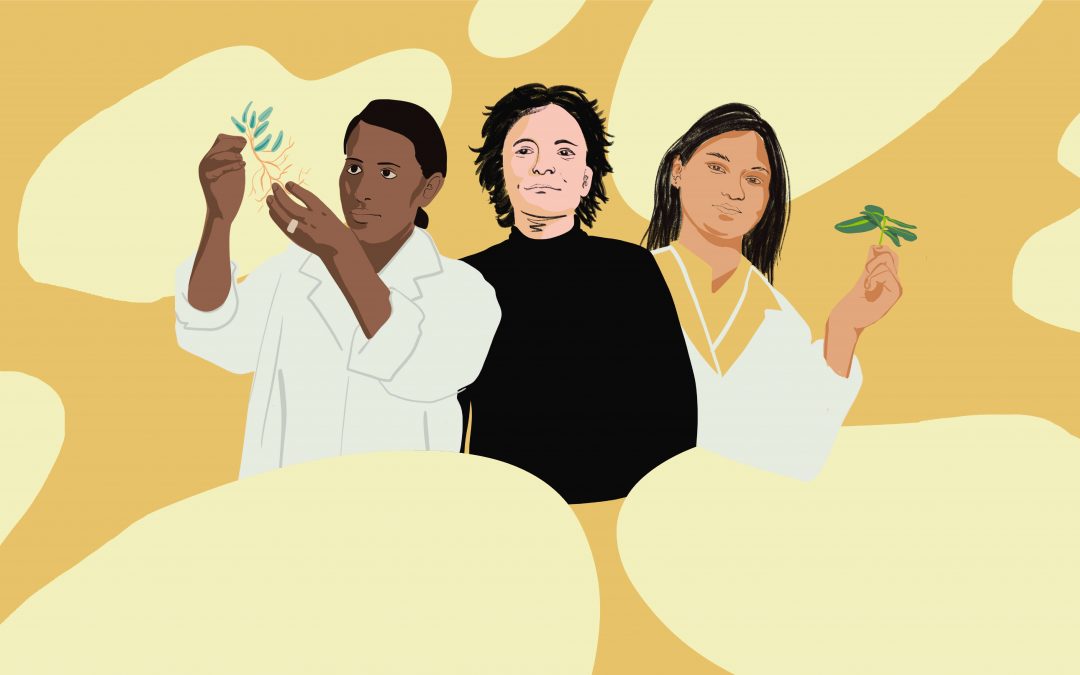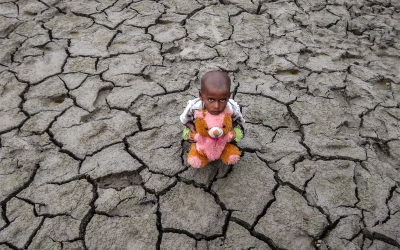“The difference between man and woman is epigenetic, environmental. The brain capital is the same: in one case it has been historically repressed, in the other it has been encouraged.” (Rita Levi Montalcini).
If we think at women condition throughout history, it is quite clear how society has conditioned and oppressed women in the possibility of freely expressing and cultivating their passions and their vocations. Women were conceived as inferior in respect to men both in terms of intelligence, ability and will. This cultural fact explains why women throughout history have been unable to make their voices heard, especially in some sectors. This is also the reason why, still at present day, strong gender gaps persist in scientific fields: less than 30% of researchers in the whole world are women and only 30% of girls pursue a science course in high school.
Fortunately, this cultural background hasn’t stopped exceptional women from struggling and emerging throughout history, teaching us that the world remains the same if you don’t have the courage to imagine it differently and pursue your dreams, even if you have to break rigid and unchanged patterns of way of thinking and behaviours. We remember with pride some “Women in science” from Hypatia of Alexandria, mathematician and astronomer who went down in history for her great didactic skills and for her generosity in transmitting knowledge; Marie Curie, the first woman to receive the Nobel Prize in Physics in 1903 and the only woman to have received two of these, the second for chemistry; to Rita Levi Montalcini, Nobel Prize for Medicine or Fabiola Giannotti and general director of CERN. The list could go on and on. These are just a few names of exceptional women who, in addition to bringing mankind to new and greater levels of knowledge in the scientific field, have had the great merit of pursuing their passions with courage and determination, fighting against gender stereotypes and preparing a fairer world that we should treasure today.
What we can do in our small way is not to take for granted the goals that our society has reached. We must continue fighting for a world in which there are no longer unreasonable gender discrimination and in which everyone is given the same opportunities, regardless from the social belonging class which is still very difficult, especially in some countries of the world.
Women, who historically and culturally have taken care of their households and children, can bring to the world of science an approach more aimed at the care and protection of the planet, promoting a more sustainable and equitable development model, in which the focus is on people and environment.
Today, the 11 of February, we celebrate the “Day of Women and Girls in Science” to remember how difficult the path towards gender equality is in this sector and to encourage women to pursue their passions and their vocation, against every prejudice and stereotype, putting their sensitivity, innovation and creativity at the service of a more respectful and sustainable development of the environment and the world that surround us.
Claudia Nafissi
Member of Kukula Onlus
The Earth as a common home
The verb “to conserve” (or “to...
How does climate change make you feel?
Writing on International Climate Change Day is...
Healthy Land, Healthy People
Photo: Avijit Ghosh - Future Without Green...




